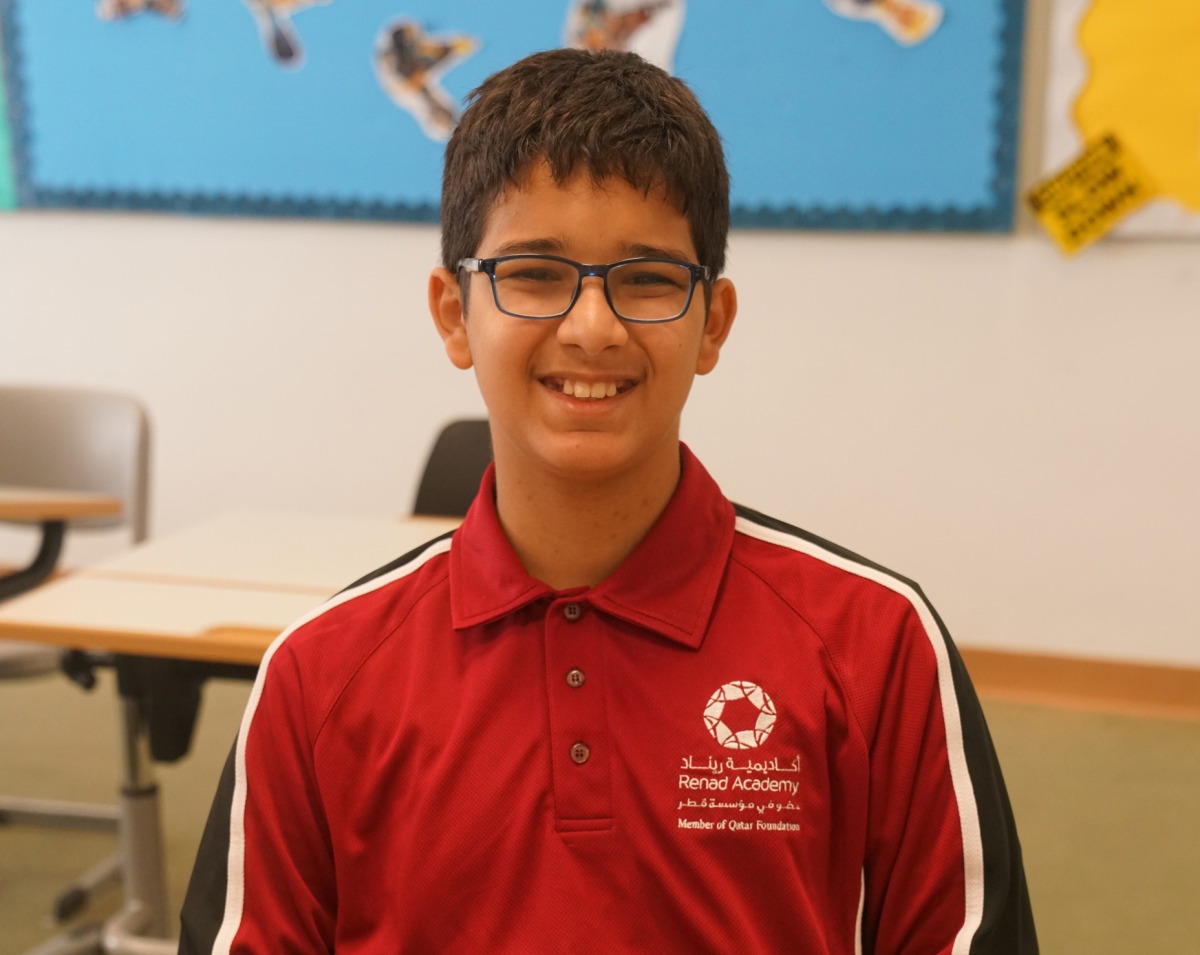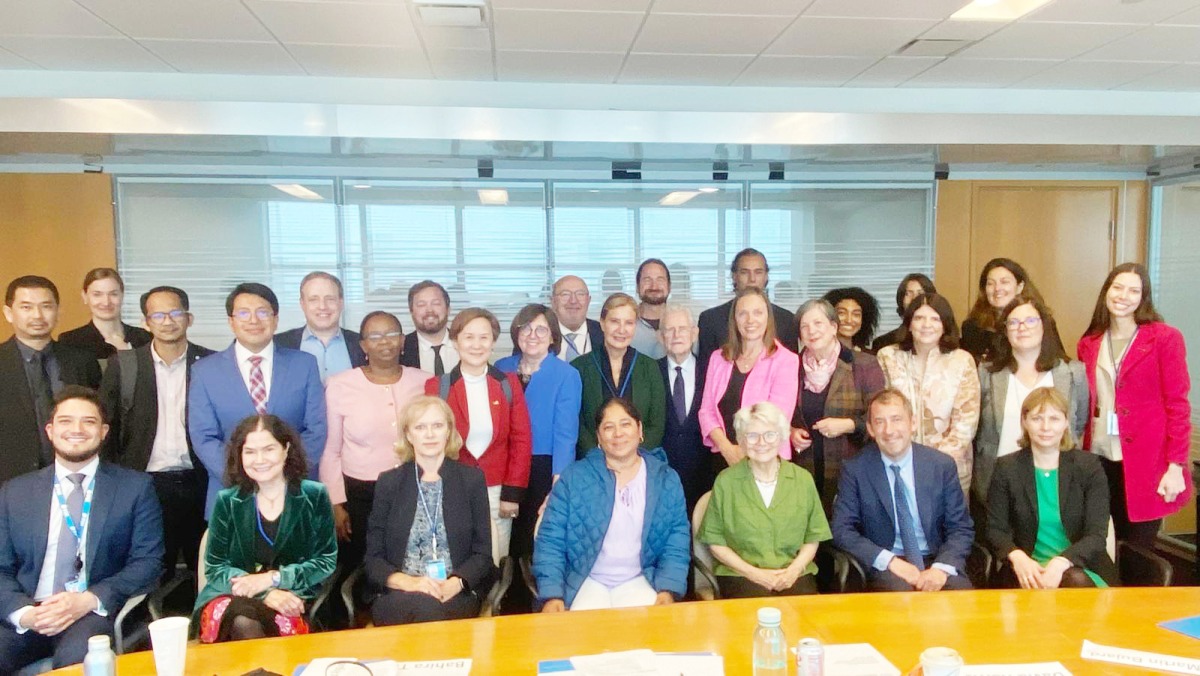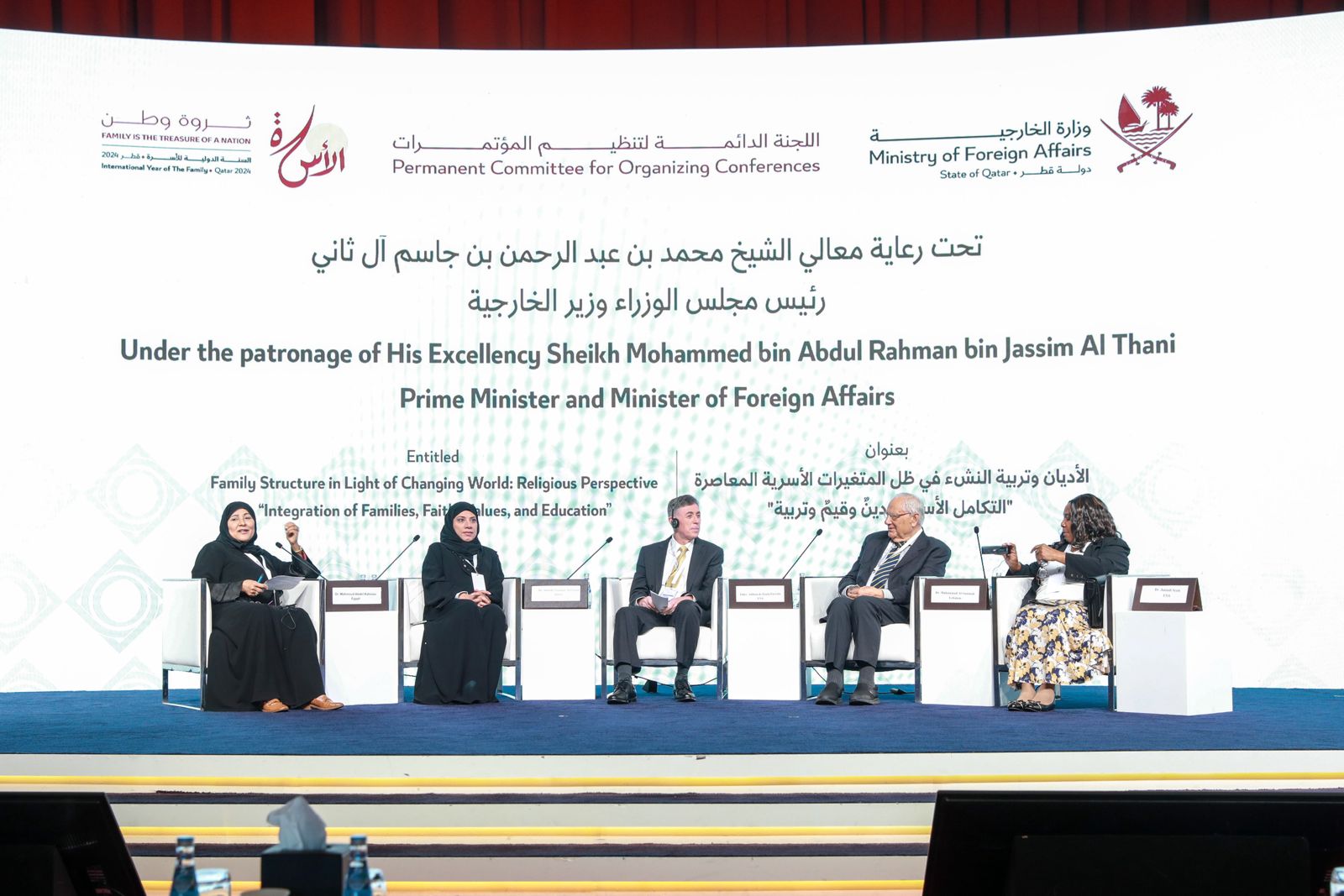
Dialogue Organized by the Doha International Family Institute (DIFI). Topic: As They Raised Me From Childhood: Specialized Programs to Better Parenting
Background
The family contributes to societies in various ways, and is critical in providing support and care for its members. However, despite their obvious social and economic contribution to society, families are rarely the focus of major social policy initiatives as they increasingly face difficulty in caring for their family members, reconciling work and family life, while maintaining the intergenerational bonds that sustained them in the past. Hence, innovative policy frameworks such as family sensitive social protection are needed for families to sustain, especially vulnerable families such as families living in poverty and social exclusion, single parent or large families and families caregivers of people with disabilities.
Evidence shows that social protection programs can strengthen the capacity of families to care for their children, and remove barriers to services access, while reaching those that are most vulnerable. Research also shows that social protection measures had led to increased family spending on education and health, which had helped families cope with the burden of care for ill family members; improves families’ nutritional status; decreases childhood mortality; reduces school absenteeism; and reduces child labor. However, despite the above, most social protection measures tend to benefit individuals by increasing individual security and freedom. In measures that support family formation, choice, interdependence and cohesiveness in family life remain less implemented.
Increasing evidence shows that social protection measures lead to positive outcomes for families, especially for children. These outcomes include increased family spending on education and health, helping families to cope with the burden of care for ill family members, improved nutritional status of children, lower childhood mortality, less school absenteeism, and a reduction in child labor. Many countries are scaling up support for vulnerable families with young children, including the provision of conditional and universal cash transfers, child allowances and in-kind support measures. Despite such efforts, social protection services remain a right unfulfilled for many vulnerable families, including those in the Arab region.
The meeting discussed the findings of the preliminary report on the project, with the regional and international experts on social protection who attended reflecting on family trends in their regions and countries, and focusing on specific issues around family-sensitive social protection.
DIFI, which has special consultative status with the United Nations Economic and Social Council, is a global policy and advocacy institute working to advance knowledge on Arab families through research, and to promote evidence-based polices at national, regional, and international level.
Partners:
Objectives
Deliverables
Agenda
Press Release
Gallery



The Doha International Family Institute (DIFI) has launched the OSRA research grant in its sixth cycle which is a research grant on Arab families and family policy related issues.
Find Out More